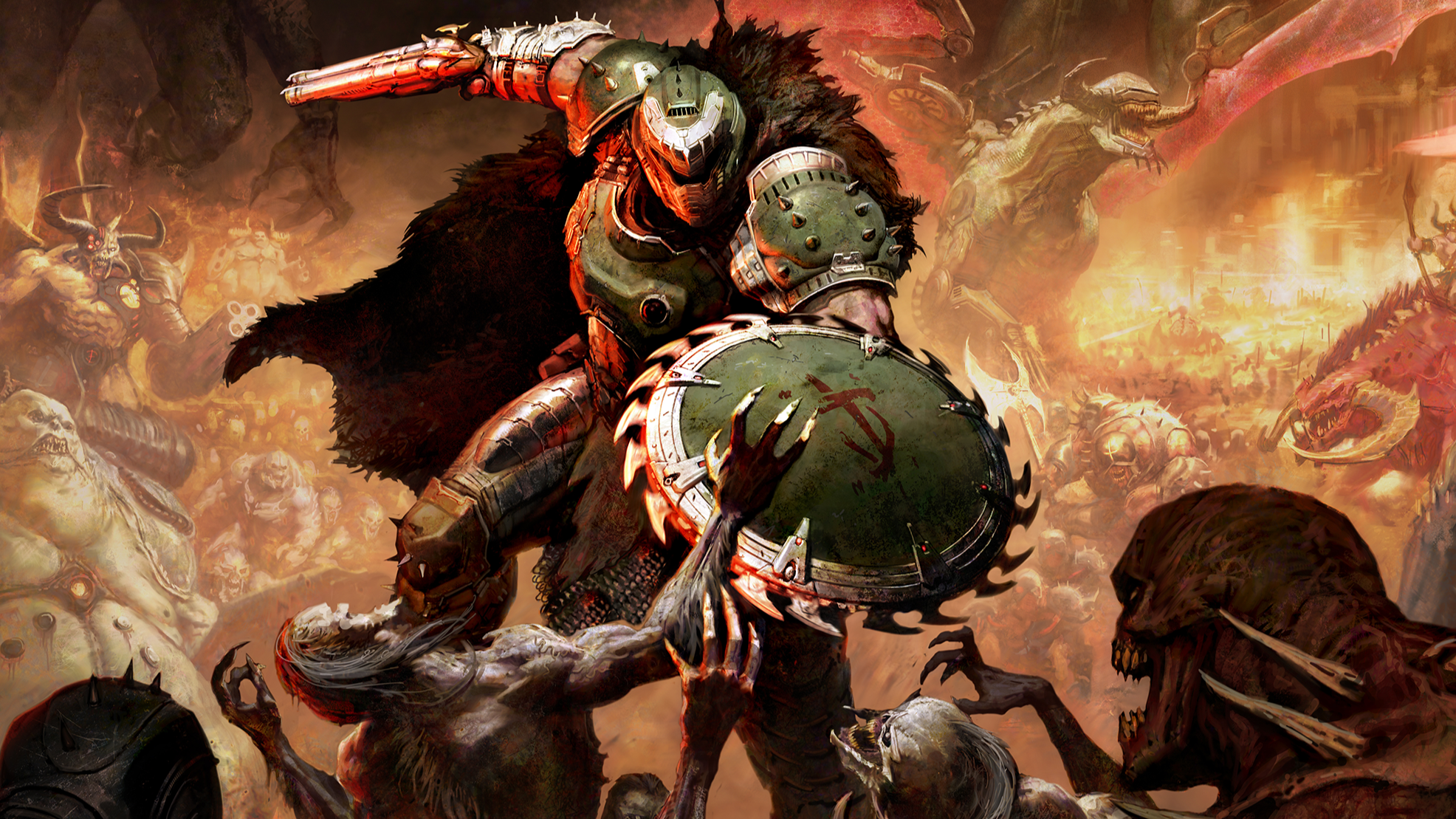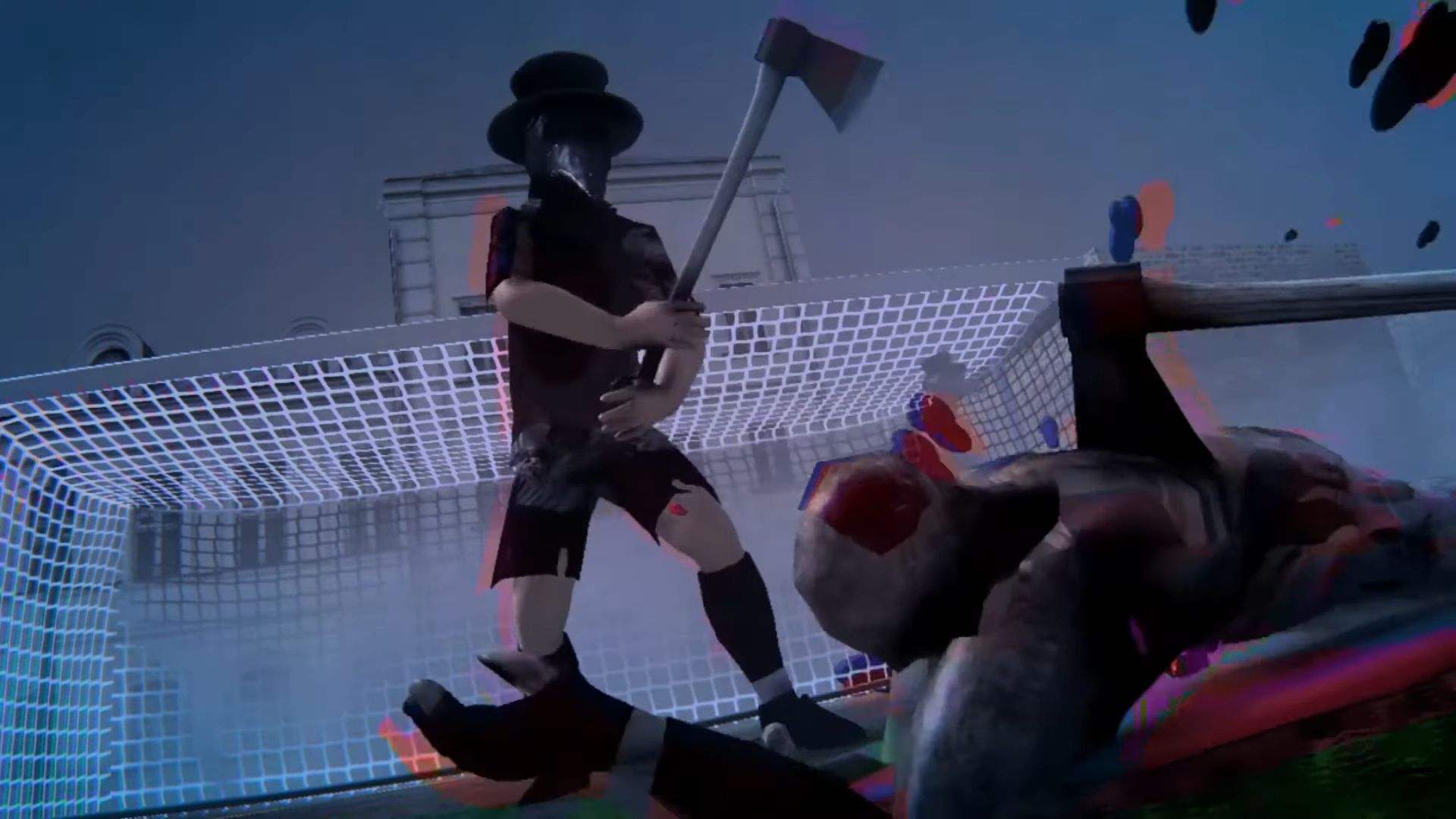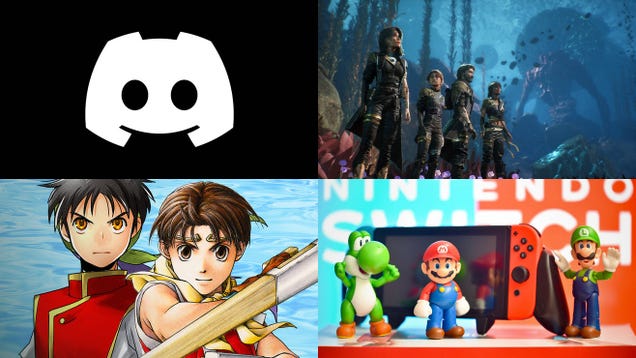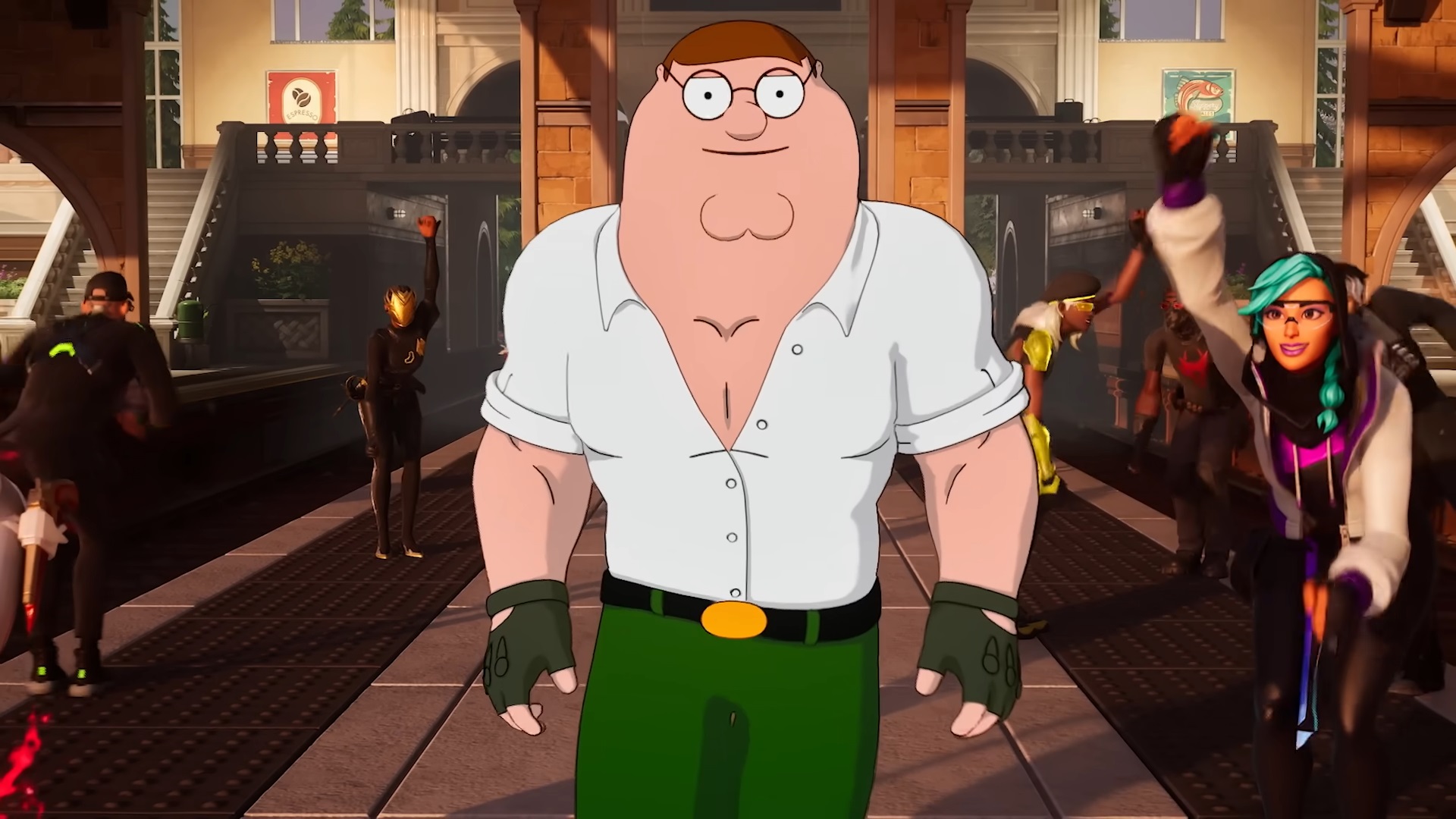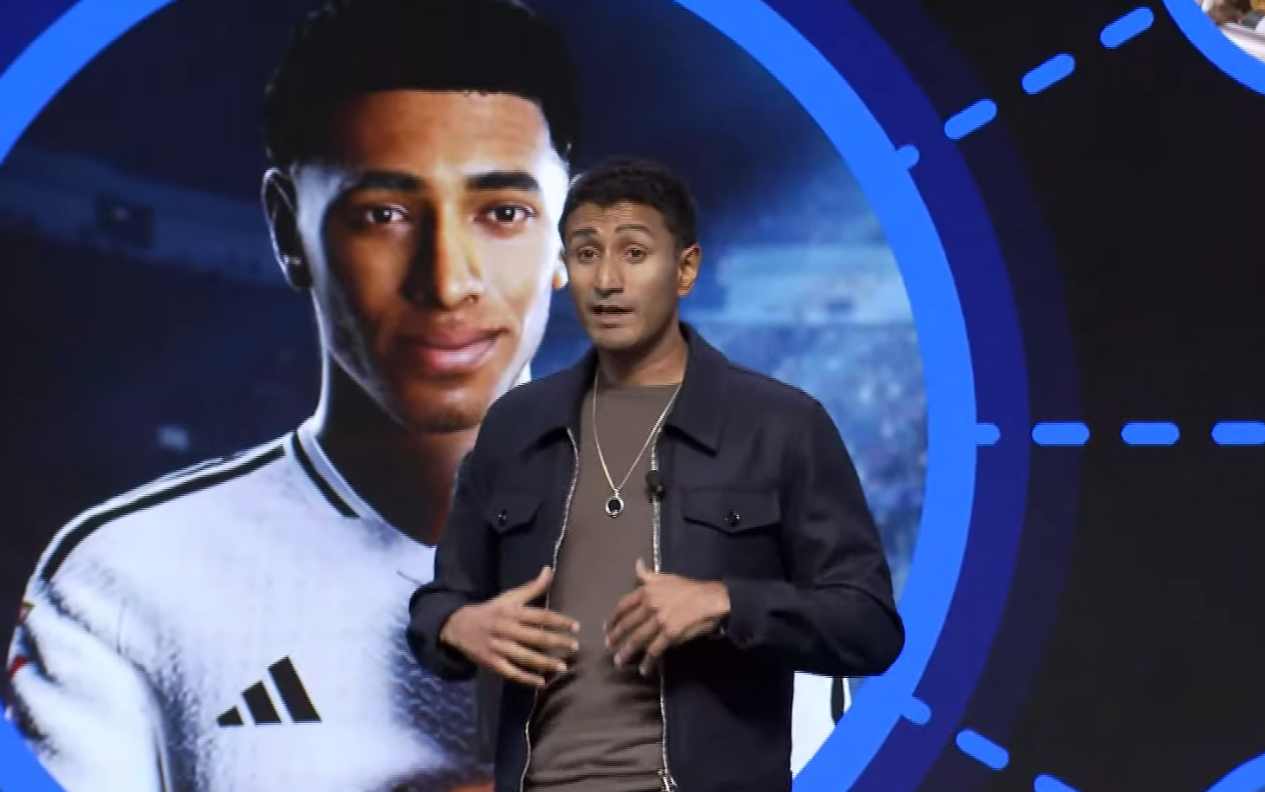
Apparently we want to bring AI videogame characters with us on calls with our parents, though it's news to me.
Like so many other companies, EA is going all-in on generative AI. At an investor’s conference today, the game development giant talked at length about the ways AI is supposed to transform its business, and chief strategy officer Mihir Vaidya demoed some of the generative AI concepts the company has been working on.
One of the demos was a large language model-powered NPC based on professional footballer Jude Bellingham. In the video embedded above, Fake Bellingham describes what it’s like for Real Bellingham to play at Bernabéu Stadium: “It’s like a dream come true. Stepping on to the pitch for the first time, it was a surreal feeling. I mean I grew up watching Real Madrid. I even played as them in EA games with my brother Joe, so to actually play for real in front of all those fans, it’s something you can’t explain.”
Not exactly insightful stuff, but I can’t deny that it sounds like something a real athlete might’ve said, since they’re famous for their non-answers. Whether generative AI NPCs who remix text from the internet are ever going to be more than a novelty, I don’t know, but EA is already planning for a world where these simulated people not only talk to us in videogames, but also escape their prisons and join us in the broader digital world.
“Even at this early stage, we can’t help but imagine the profound range of interactions that might now be possible with more believable characters like Jude,” said Vaidya. “Certainly in the context of a game, but potentially beyond games entirely. As our lives become increasingly digital, and the internet becomes increasingly spatial, it’s not hard to imagine taking our favorite characters, ones that we’ve already spent hundreds, if not thousands of hours with, to other contexts in our digital lives, like social media, news, shopping, online learning—even those FaceTime calls with your parents, where you have to show them how to fix their laptops for the hundredth time.”
Unlike Vaidya, I actually do find it hard to imagine taking an AI football player, or any AI character, into a FaceTime with my parents. I’m not saying he’s wrong here—I know not what the future holds—but I do struggle to see what’s so obvious about these AI pairings. Why would I want AI videogame characters involved with news? Election updates from Garrus Vakarian?
There’s also the question of whether it’d be good for us to fill our lives with generative AI bots. The hologram doctor from Star Trek Voyager was alright, but otherwise, I don’t remember anything good coming from characters breaking out of the Holodeck’s rules. And sure, we’re probably not in danger of doing battle with Holo-Moriarty for control of the Enterprise, but becoming emotionally attached to a chat bot can have real consequences. Should videogame companies indulge the imaginary relationships developed with videogame characters by breaking them out of their entertainment context and integrating them fully with our digital lives?
Well, it sounds like we’re going to find out.
“We think the opportunity to give characters, both the ones we create and the ones that our players create, life and persistence beyond the bounds of games is a profound opportunity, and few are better positioned to manifest it over the long term,” Vaidya concluded.

